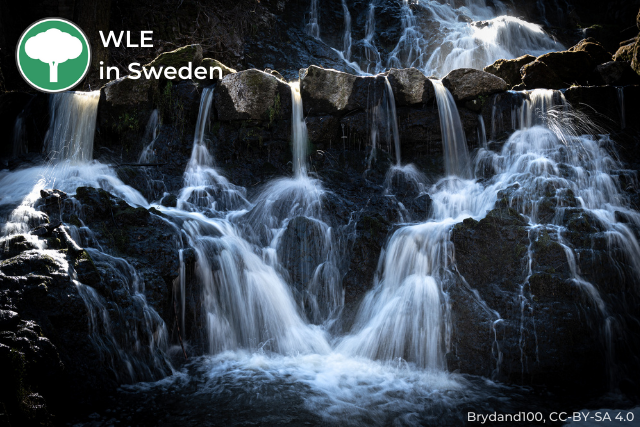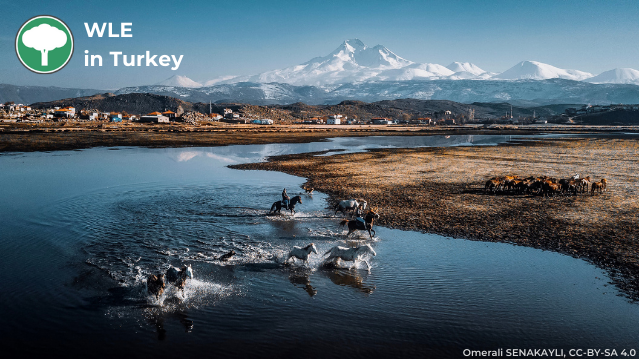By the Swedish Wiki Loves Earth team in cooperation with the Swedish National Commission for UNESCO
How can we work together to find solutions to global problems? The answer to the question lies in a combination of local involvement, and strong connections to research. Anna-Karin Johansson, the Secretary-General of the Swedish National Commission for UNESCO, explains how the UNESCO biosphere reserves work as model areas for sustainable development, and highlights Wiki Loves Earth as an example of strong local involvement in the biosphere reserves in Sweden.

We are facing large global challenges – social, economic and ecological. International cooperation is of prime importance if we want to fulfill the goals in the UN Strategy for Sustainable Development, Agenda 2030. But this cooperation needs to be built upon local involvement. Solutions will be found and spread at the local level.
That is the idea behind the biosphere reserves, a concept developed by the UN Agency UNESCO. UNESCO has listed more than 700 biosphere reserves across the world. By protecting biodiversity, searching for knowledge through research, and establishing a sustainable relationship between humans and environment, the biosphere reserves work as laboratories for future life.

Seven of these biosphere reserves are located in Sweden, and together, they cover 7% of the area of the country. In these biosphere reserves, people are working on a daily basis with pilot projects for a more sustainable way of living. In the biosphere reserve East Vättern Scarp Landscape, where the winning photo of this year’s Swedish edition of Wiki Loves Earth is taken, a project was recently carried out where newly arrived immigrants were taught how to keep beehives; and in the biosphere reserve Lake Vänern Archipelago, the world’s largest suncell driven hydrogen refuelling station has been built. Other examples include the biosphere reserve Blekinge Archipelago, which through the Ark65 project has contributed to sustainable tourism and a living countryside, and the northernmost biosphere reserve Vindelälven-Juhtathdahka which has formed new possibilities for dialogue between the Sami people and Swedes, and equally between city and countryside. These biosphere reserves work in the long term to become role models and inspire others.
Cooperation does not only take place within each individual biosphere reserve, but also between them. In the project Biosphere for Baltic, 9 biosphere reserves from 7 countries in the Baltic region are working to exchange experiences, among other things about the ecosystem of the sea and our knowledge about it.

The photo contest has shown the large involvement in Sweden of the 7 biosphere reserves. The Swedish National Commission for UNESCO is very proud to have been in the jury for this year’s competition. Among contributions in the competition, more than 130 photos were taken in a biosphere reserve. That’s a clear indication of the pride Swedes take in our biosphere reserves!
Anna-Karin Johansson, Secretary-General of the Swedish National Commission for UNESCO


